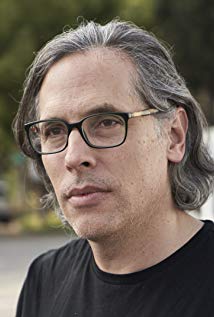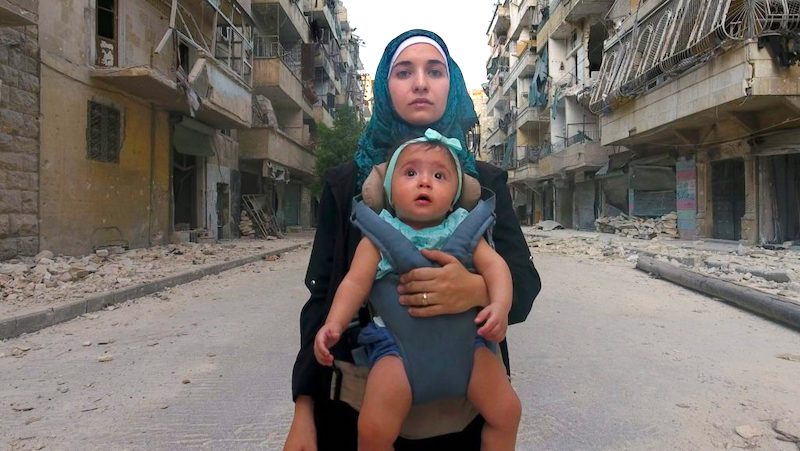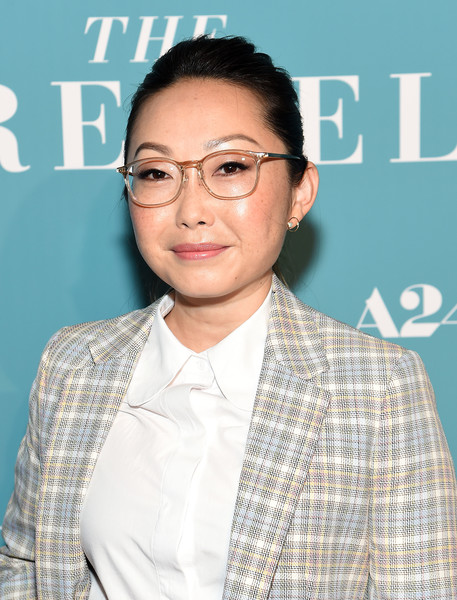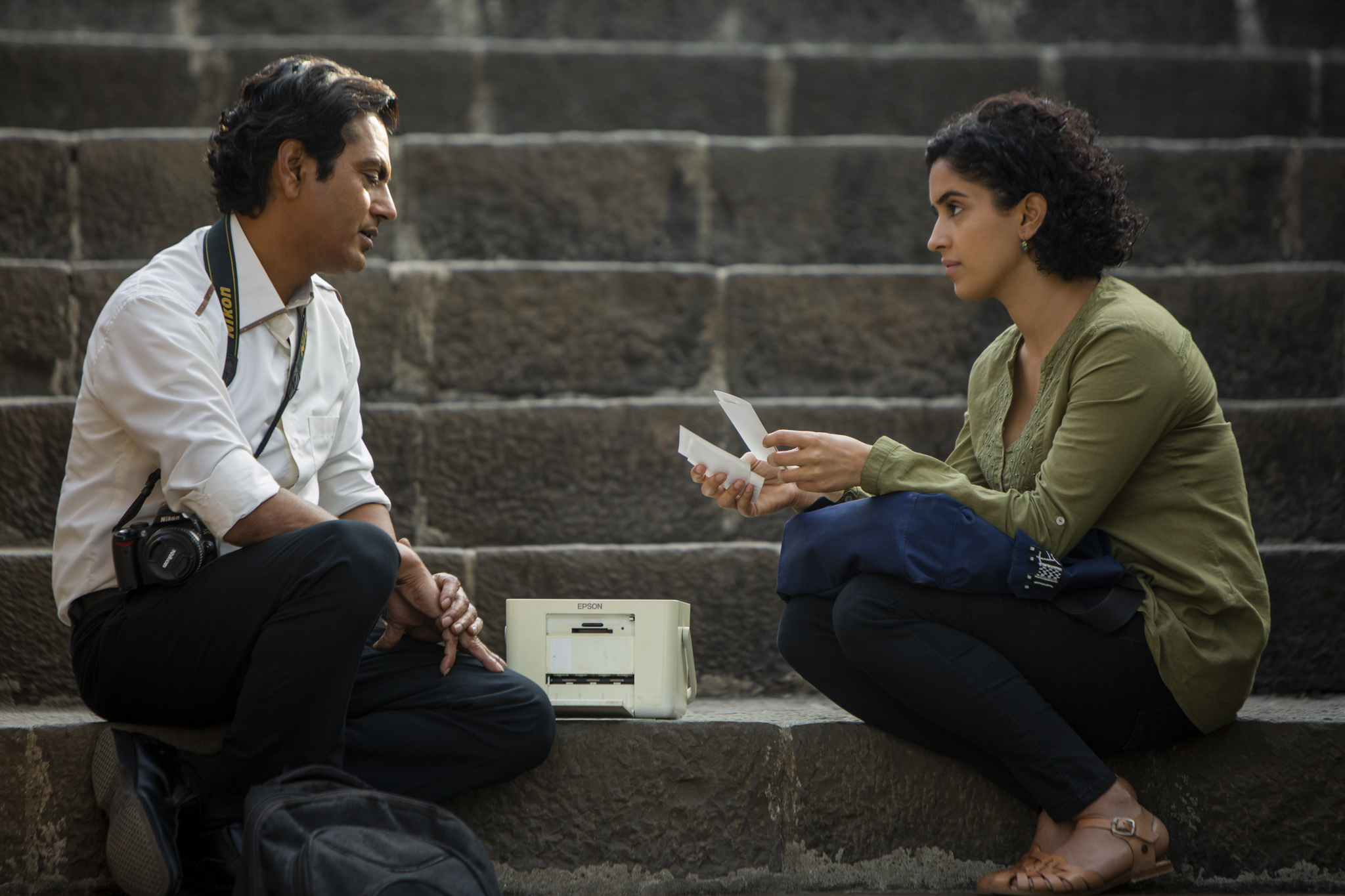That time when one of the great cinematographers hooked up with Jake Gyllenhaal...
 Wednesday, October 23, 2019 at 8:50AM
Wednesday, October 23, 2019 at 8:50AM by Nathaniel R

Here's a little teaser for a forthcoming interview with Rodrigo Prieto, the two-time Oscar nominated DP whose latest film is Martin Scorsese's The Irishman. The famed Mexican cinematographer turns 54 next month. We'd always seem him in photos, handsome, crouched down behind cameras with tightly cropped hair. In person he's a tall silver fox and he's let his hair grow out. He could have been in front of cameras but instead got behind them from an early age. And what a career he's had. Standing majestically amongst his classics is Brokeback Mountain (2005) so during a lengthy sit down we had at the Middleburg Film Festival this past weekend, we asked him how he ended up with his only onscreen role.
We don't know if you knew this but he plays the Mexican hustler who Jack Twist (Jake Gyllenhaal) picks up during a quick trip south of the border. That's the trip that Ennis and Jack fight about, later in the movie, lighting a bonfire of scorched feeling in that famous 'I wish I knew how to quit you' scene...





